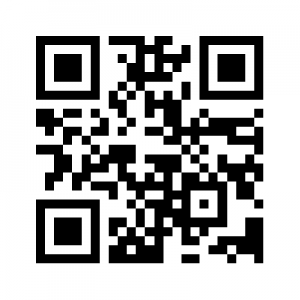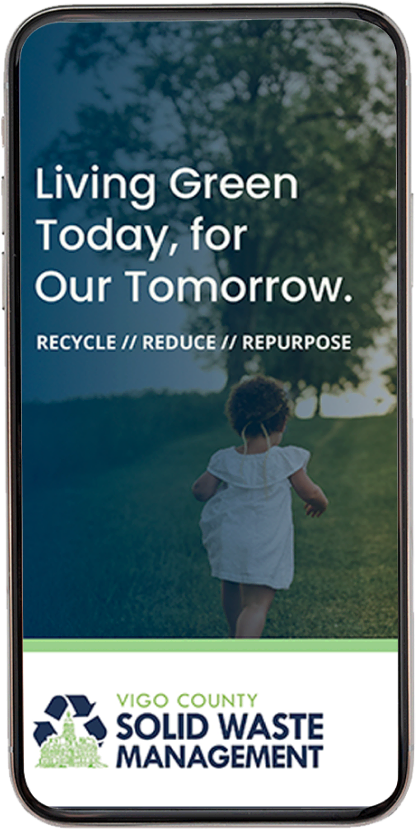Recycling
We Accept
Plastic
Clean, dry, whole pieces of paper. Food and liquid containers with the lids preferably on.
Plastic items include: Numbers 1 , 2 , and 5. Examples of these include soda bottles, juice and milk cartons, peanut butter jars, salad and cooking oil containers
Paper
Clean, dry, whole pieces of paper.
Paper items include: newspapers, magazines, office paper and
common mail
Cardboard
Flattened, dry, no food contamination, bubble wrap and packaging free
Cardboard items include: boxes, tubes, plates and fiberboard
Aluminum
Clean, dry, washed empty containers
Aluminum items include: cans, siding, gutters, storm window frames, lawn furniture, foil, and aluminum packaging
Glass
Glass Recycling Guidelines:
- Keep lids on bottles or toss them in the trash.
(They’re too small to be recycled.) - Rinse and dry all food and drink containers.
- Brown, green, and clear glass are acceptable.
- Must be recycled in green, glass only bins.
- Must be emptied loosely in bin.
- No bags or cardboard for beer bottles.
Glass
Glass that CAN NOT be recycled:
- Ceramics, Pyrex, or other heat resistant glass
- Drinking or wine glasses and plates
- Plate glass: window or sliding doors
- Saftey glass or windshields
- Art glass and leaded crystal
- Light Bulbs
- Mirrors

Don’t Bag It
No bags go in the recycling container, and never put recyclables in bags or containers.
No Connected or Mixed Materials.
When two or more materials are connected, like paper envelopes with plastic bubble wrap inside, the items can’t be recycled.
E Waste Days

Every Tuesday and Wednesday from 9am-4pm
(Excludes Holidays)
Can’t be Recycled
Never place these items in your recycling container
& Wrappers
Batteries


